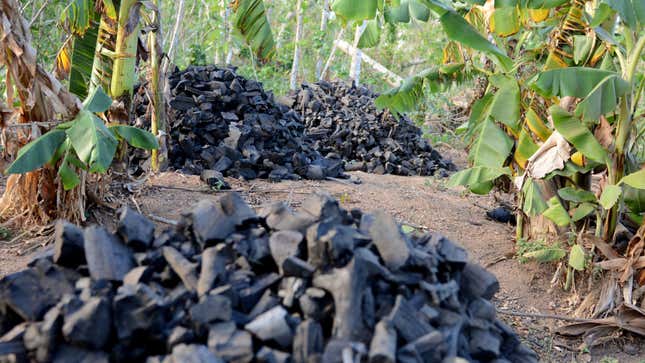There's No Proof That Charcoal in Beauty Products Actually Does Anything
Latest

I once watched a documentary about monkeys whose diets consisted of leaves or nuts or something that gave them terrible stomachaches. One group of monkeys had discovered that eating charcoal out of nearby fire pits made their stomachs feel much better. They gamboled merrily, living the way monkeys who feel good do. Another group of monkeys was not so lucky, and they moped around clutching their stomachs dismally. However, if you were hoping to be a happier primate with gleaming teeth and clear pores due to your discovery of charcoal, you may not be so lucky.
-

-

-

-

-

-

-

-

-

-

-

-

-

-

-

-

-

-

-

-

-

-

-

-

-

-

-

-

-

-

-

-

-

-

-

-

-

-

-

-








































